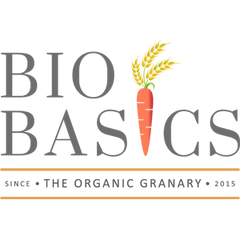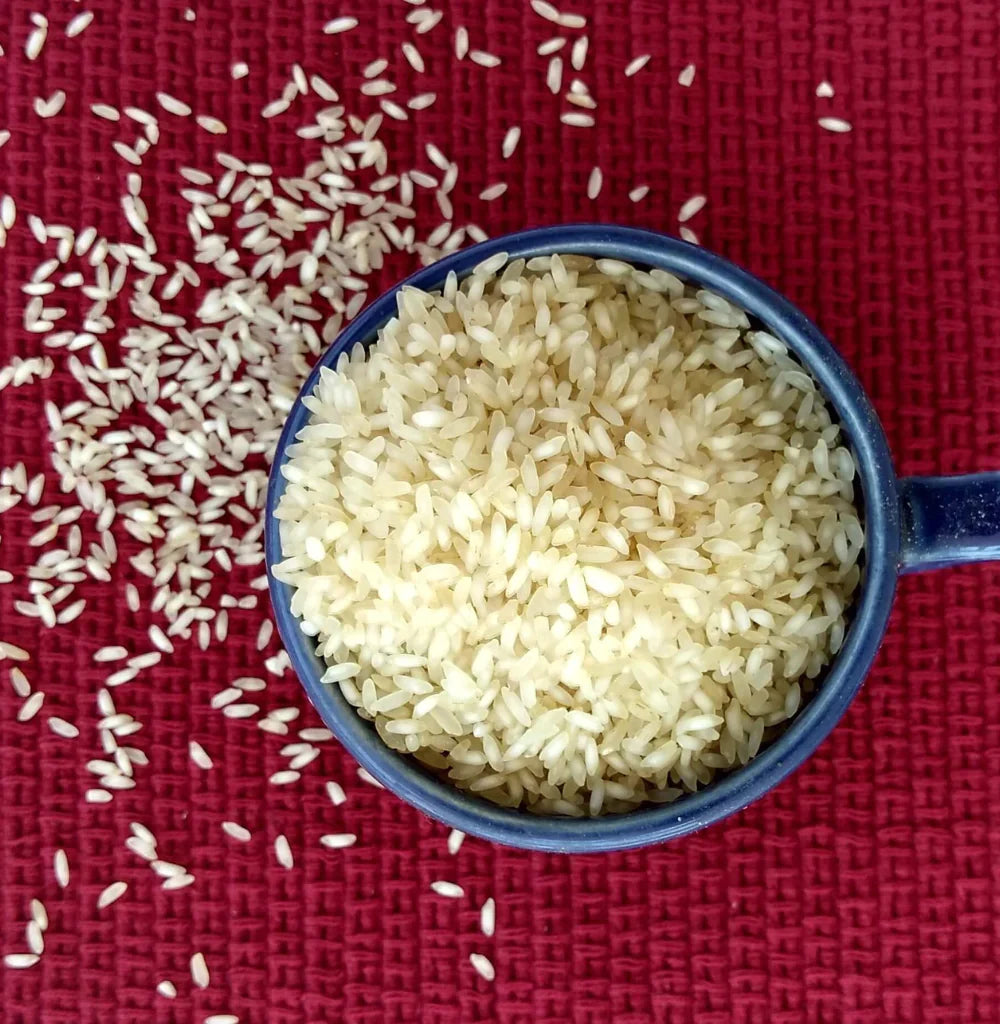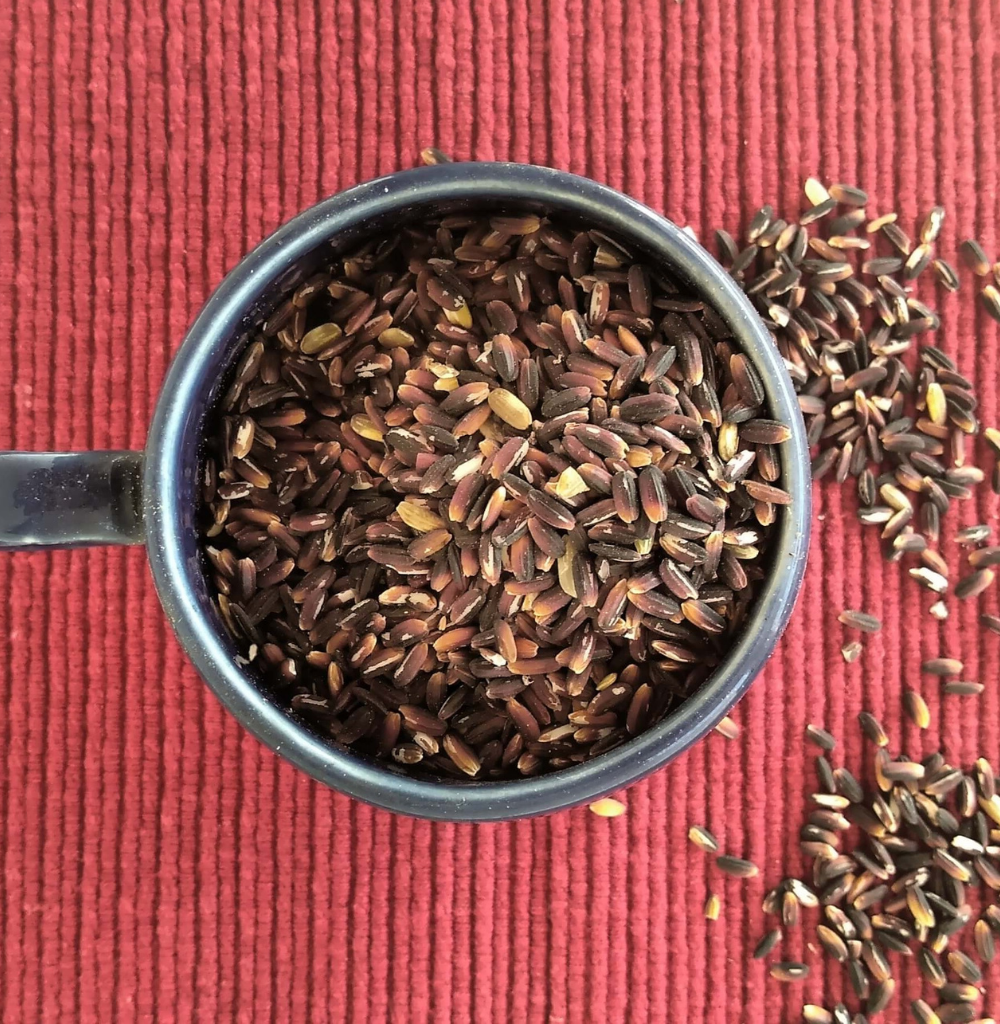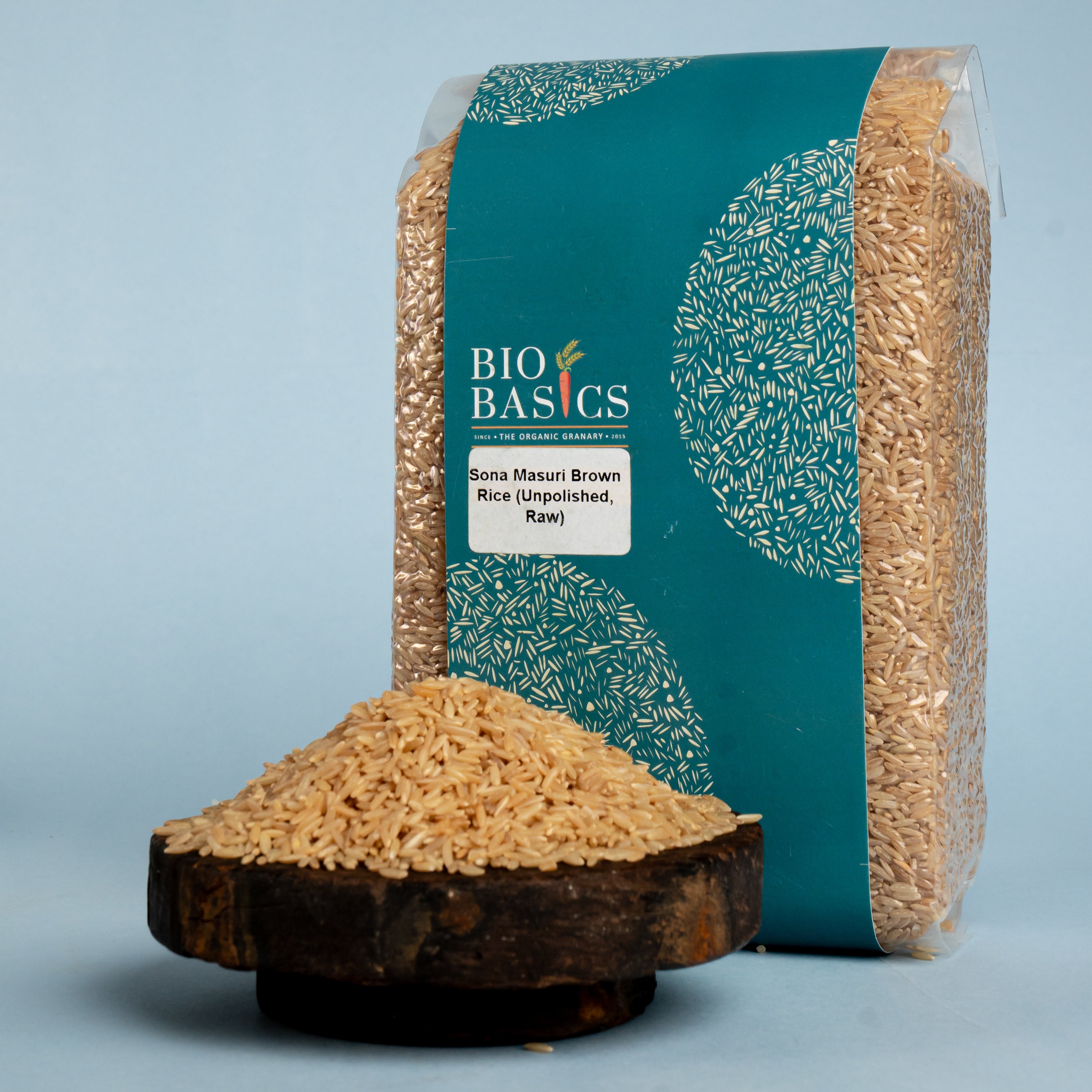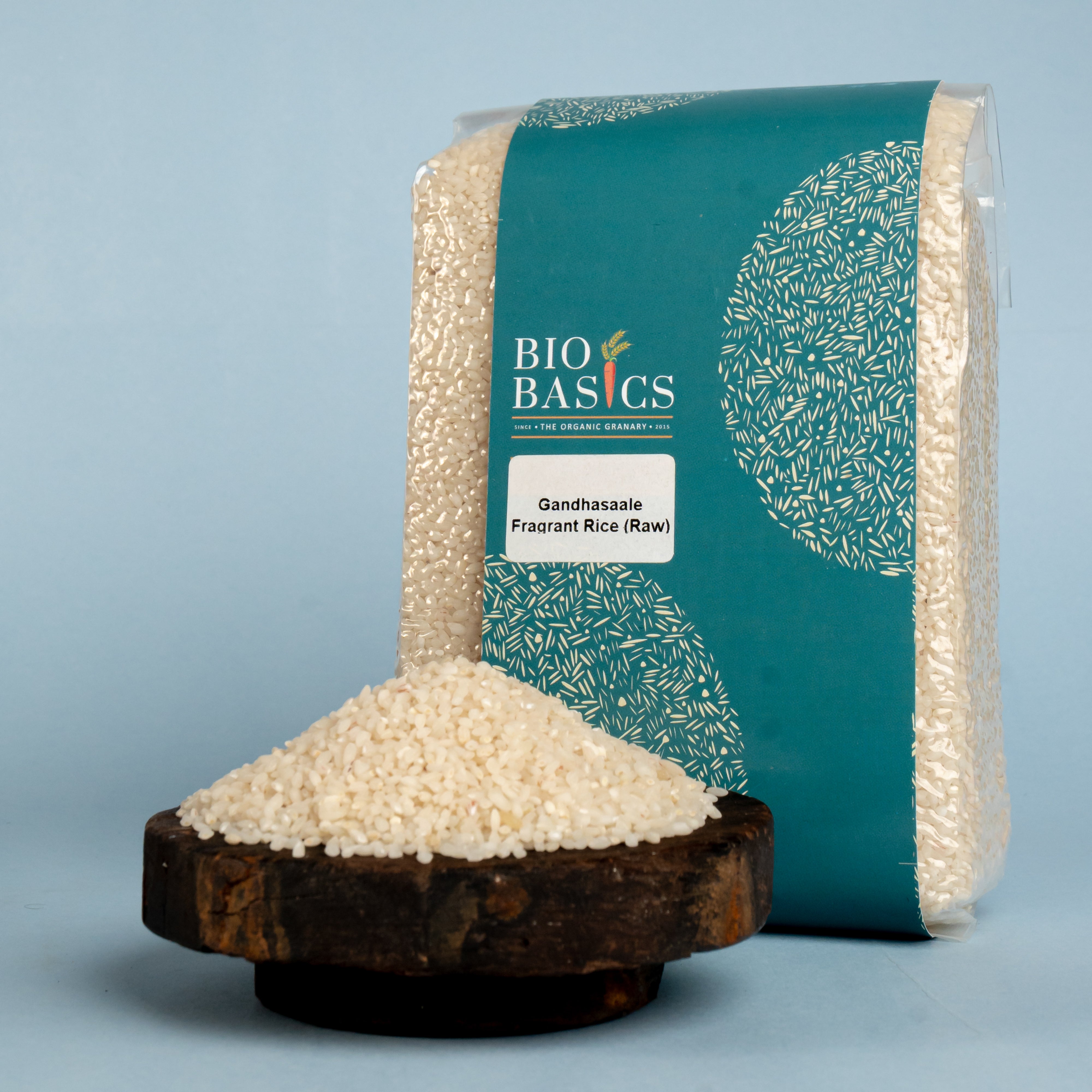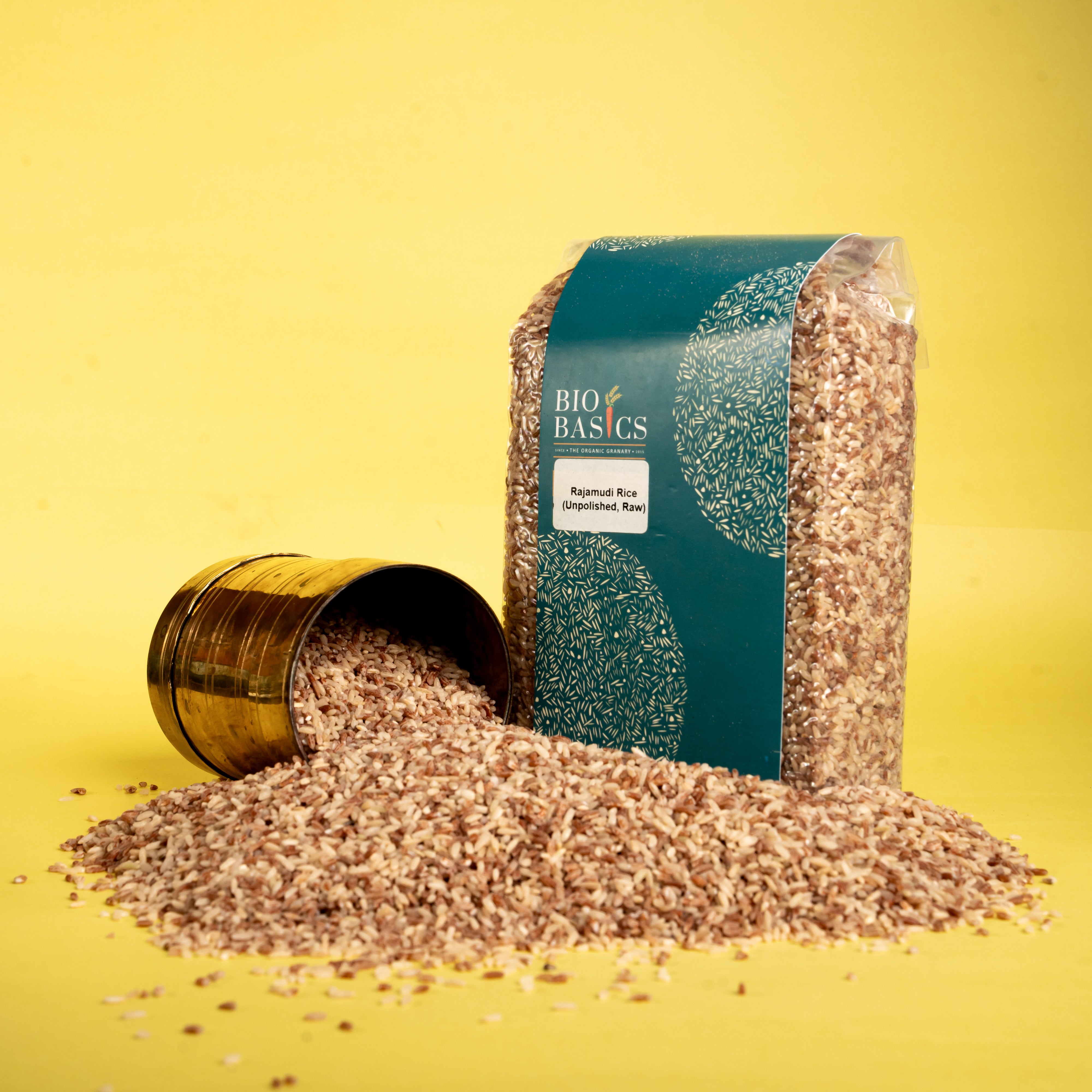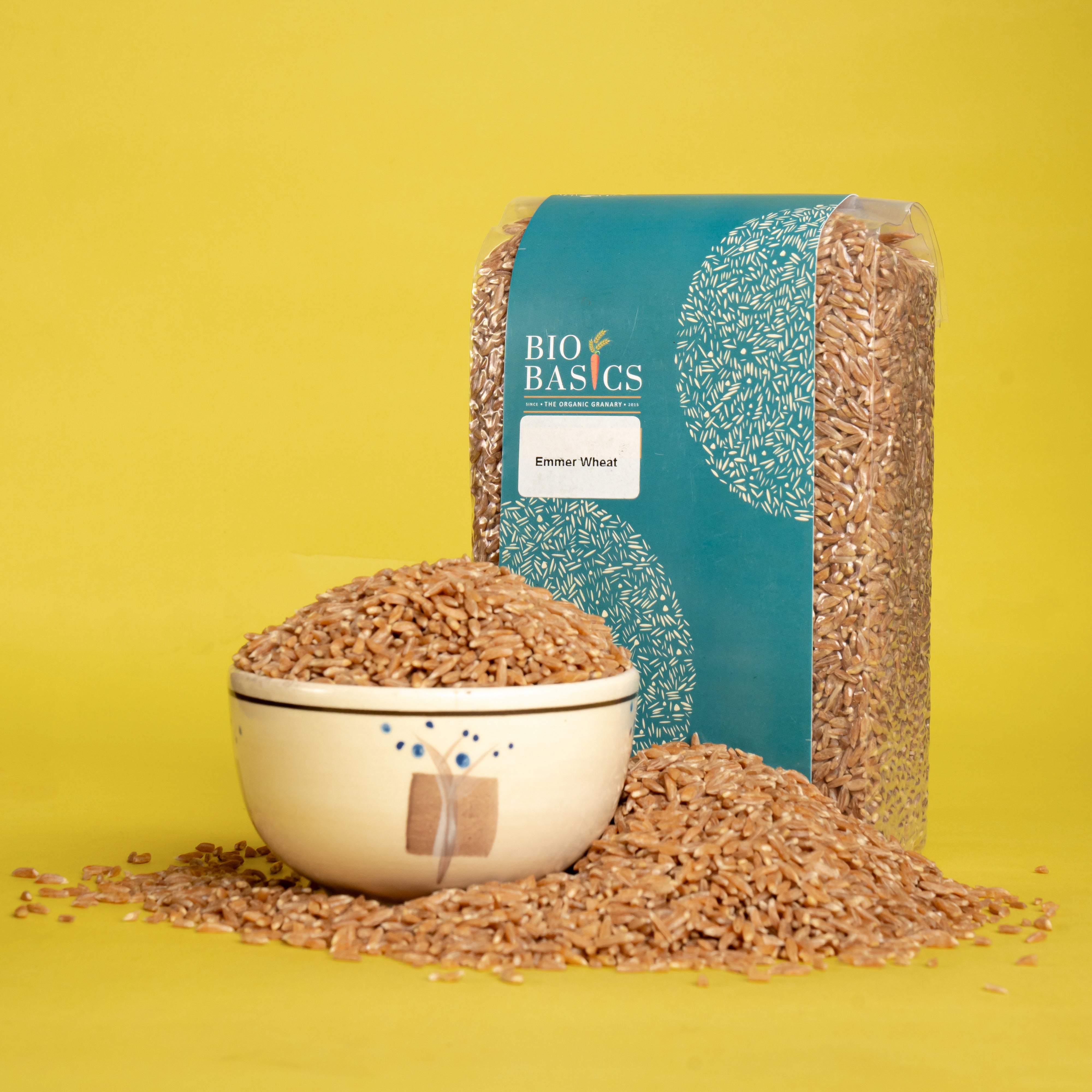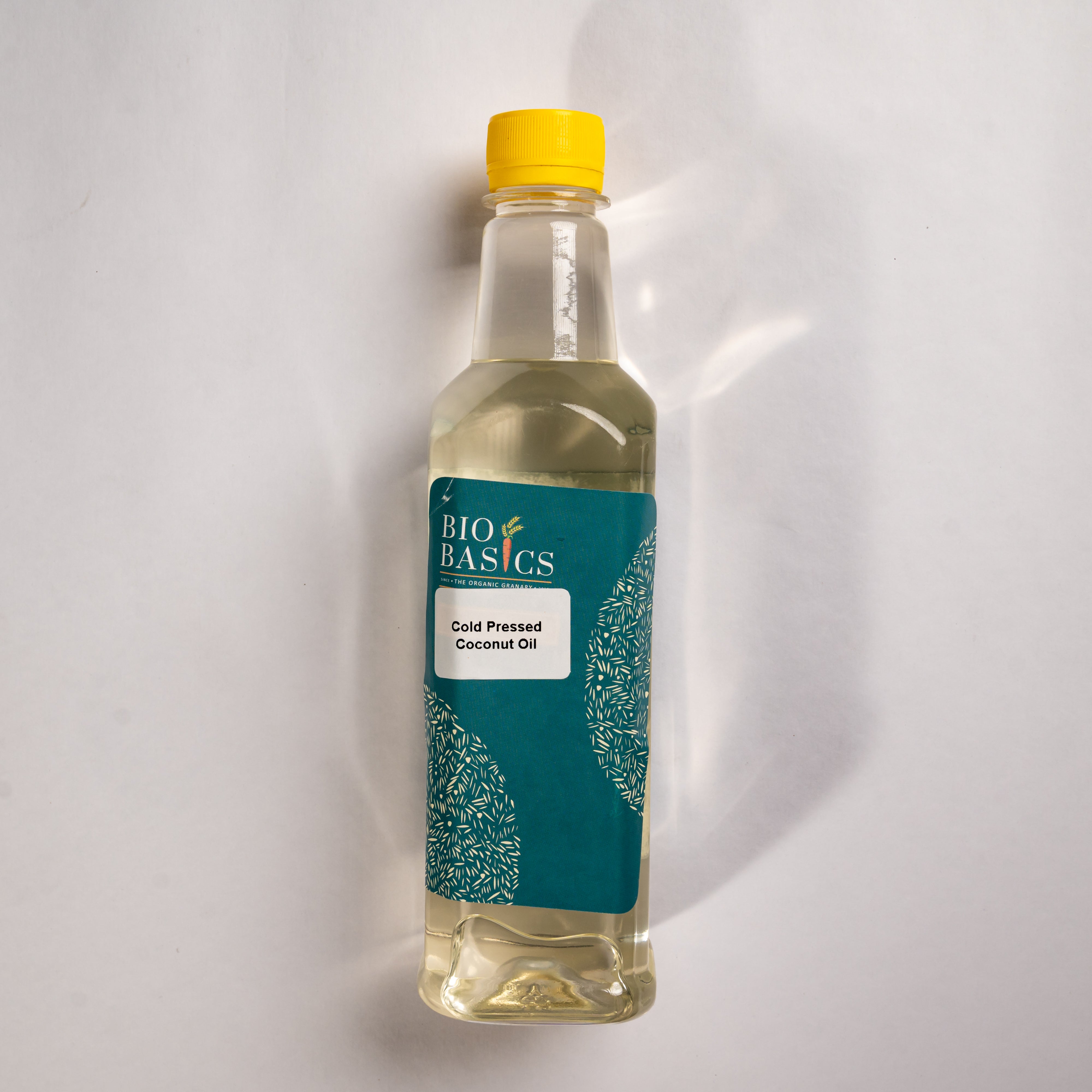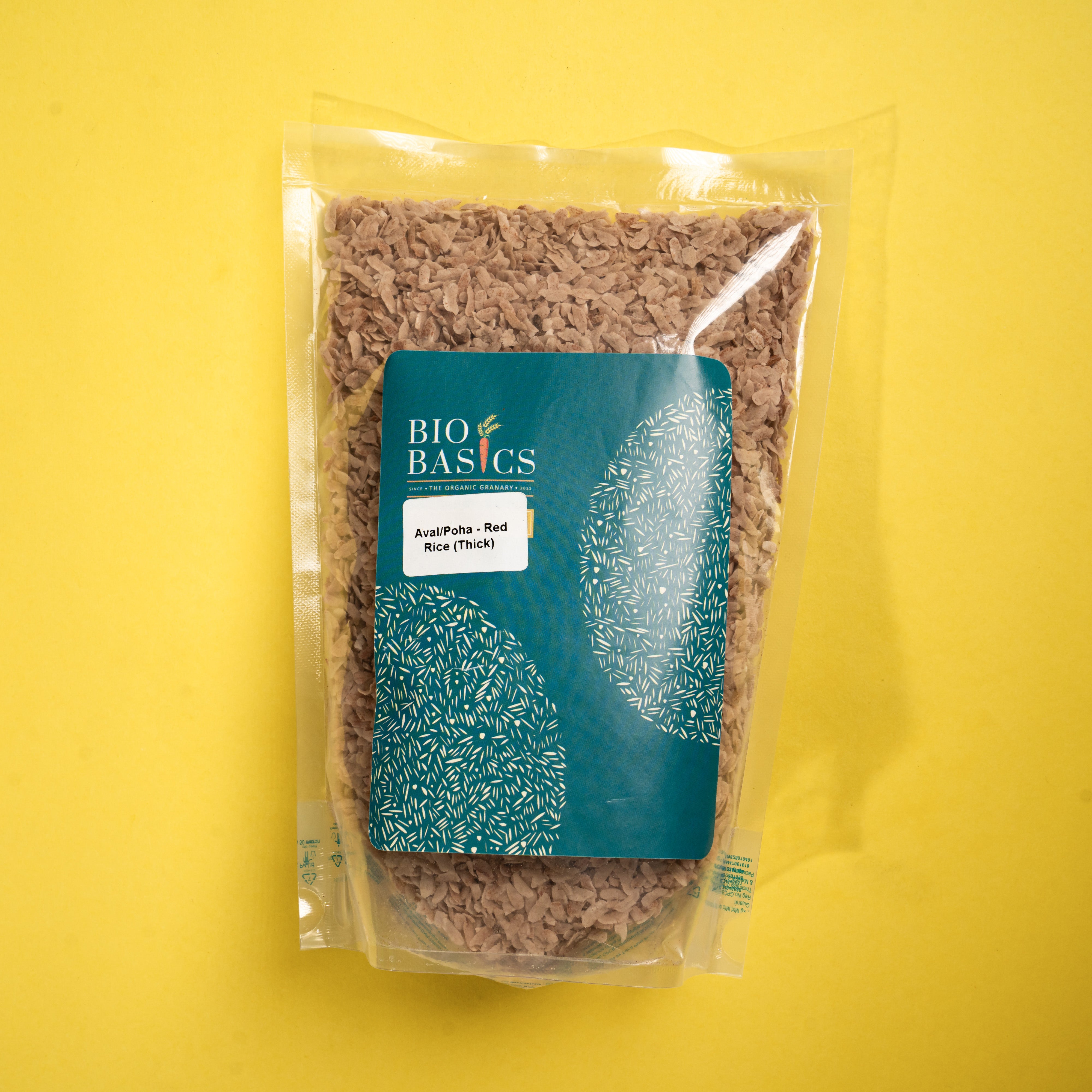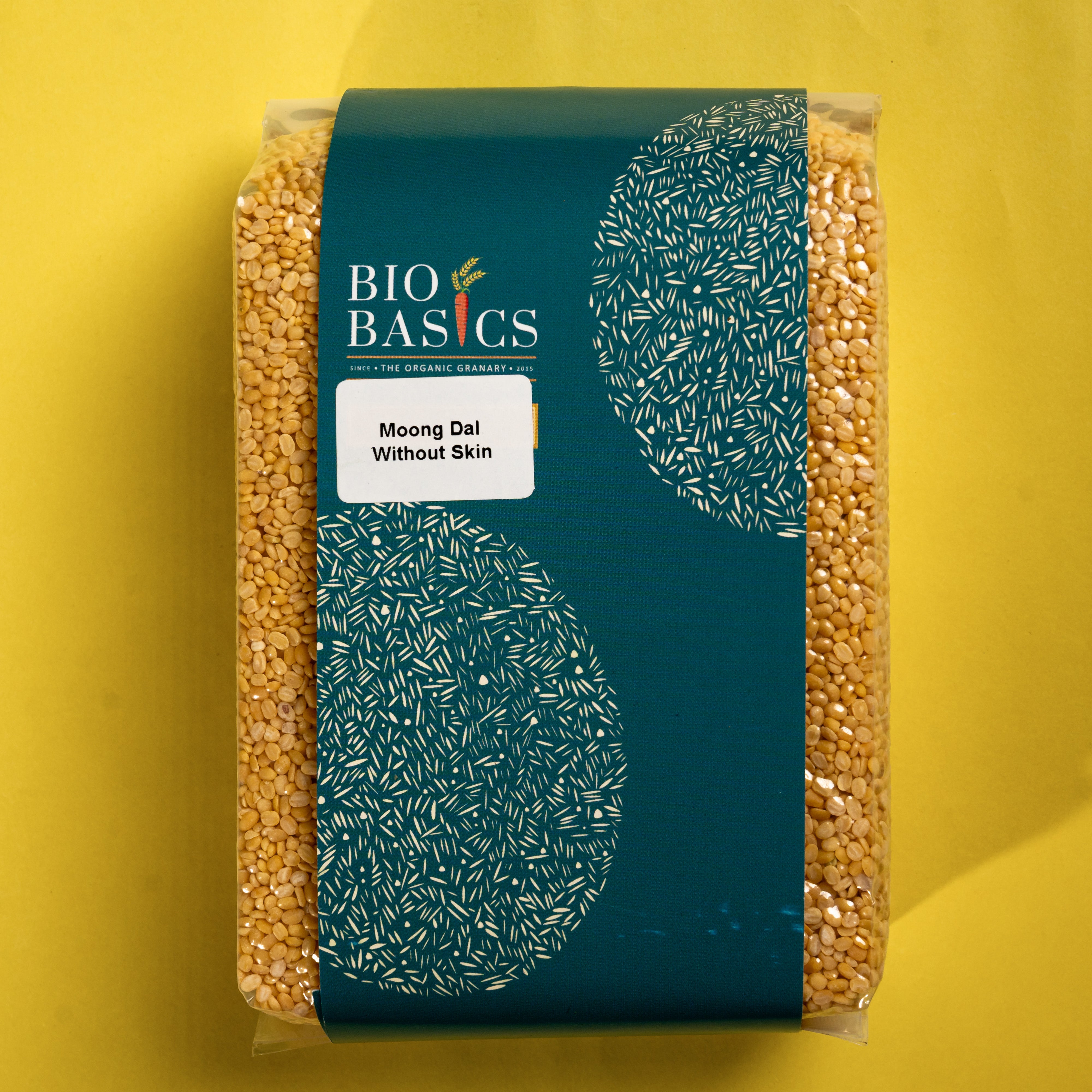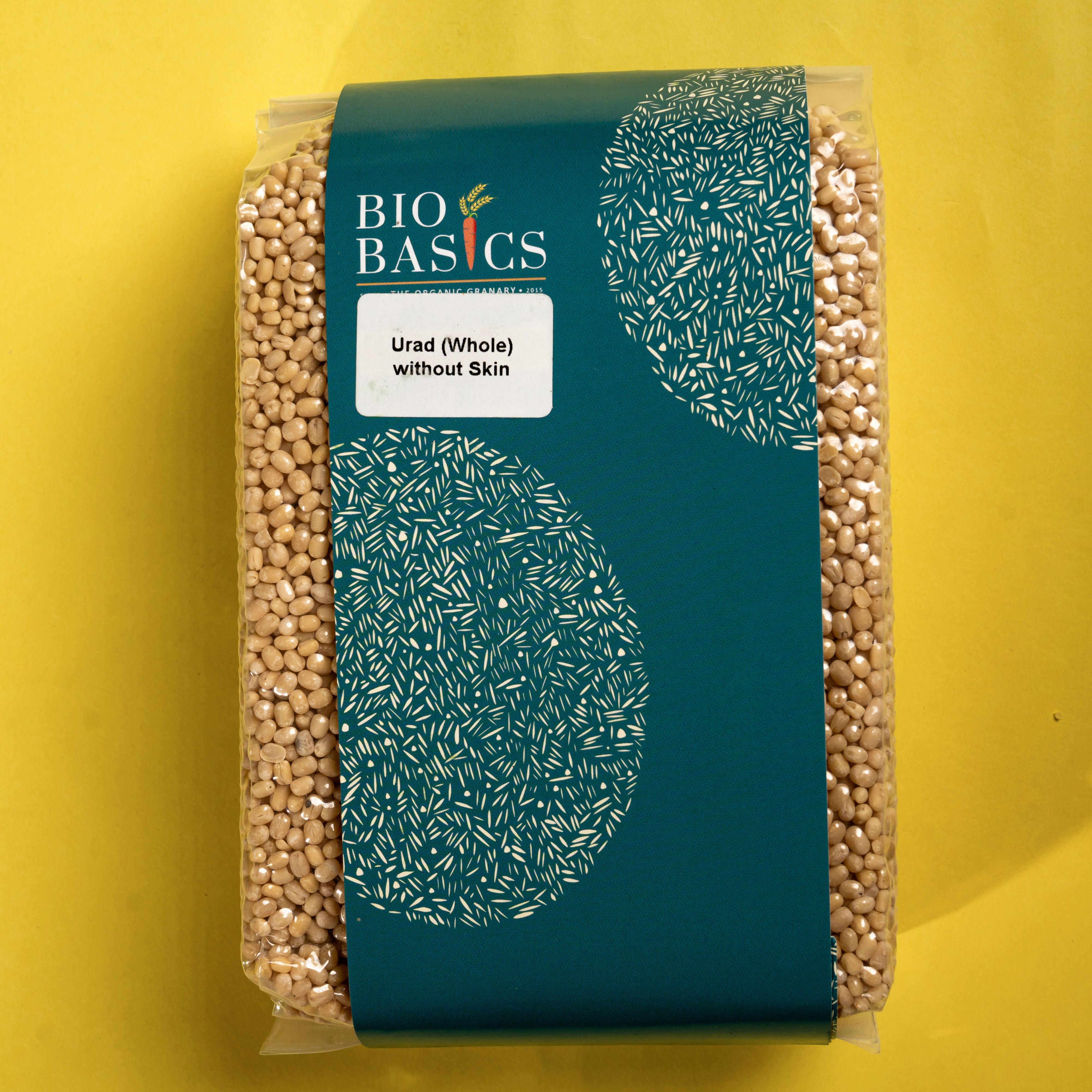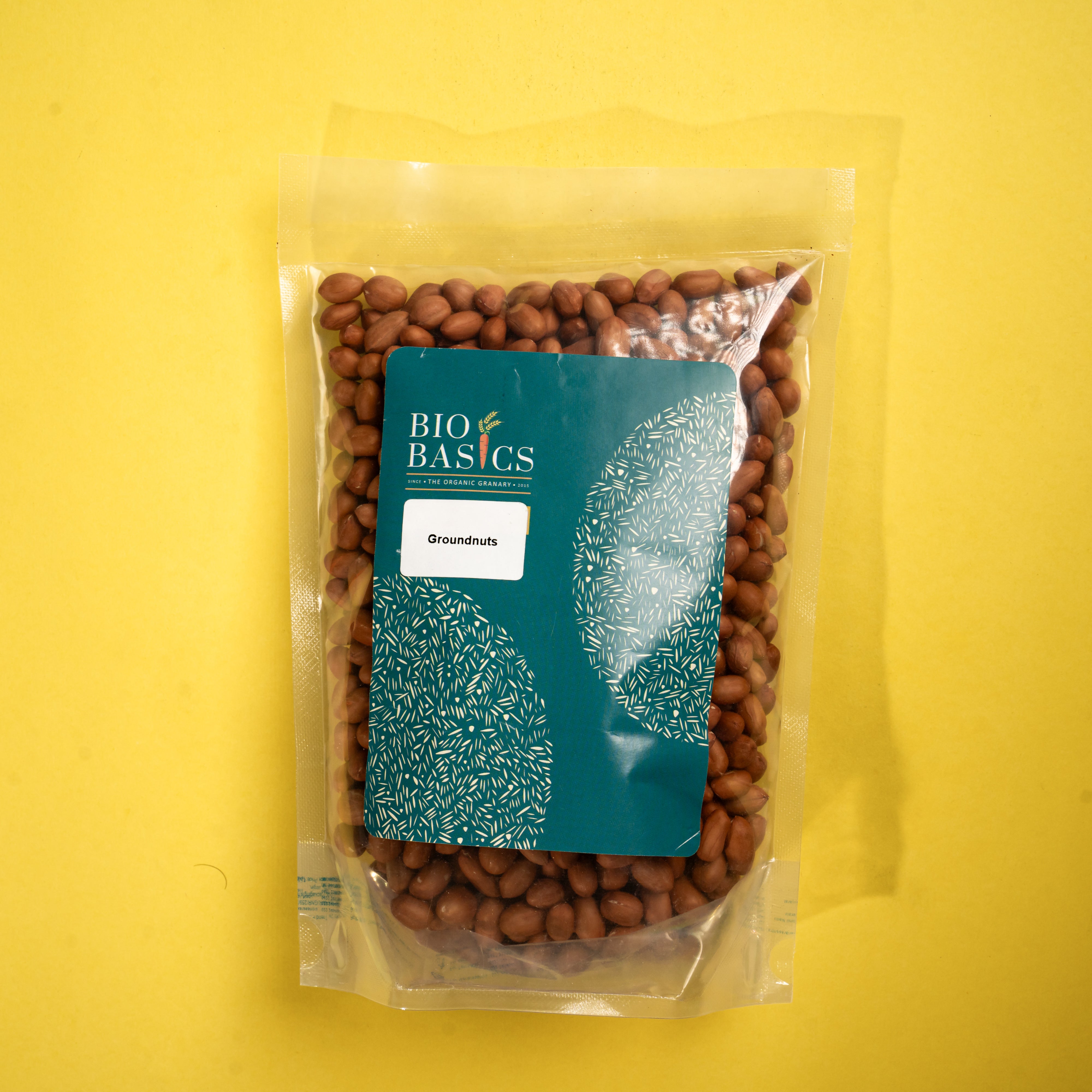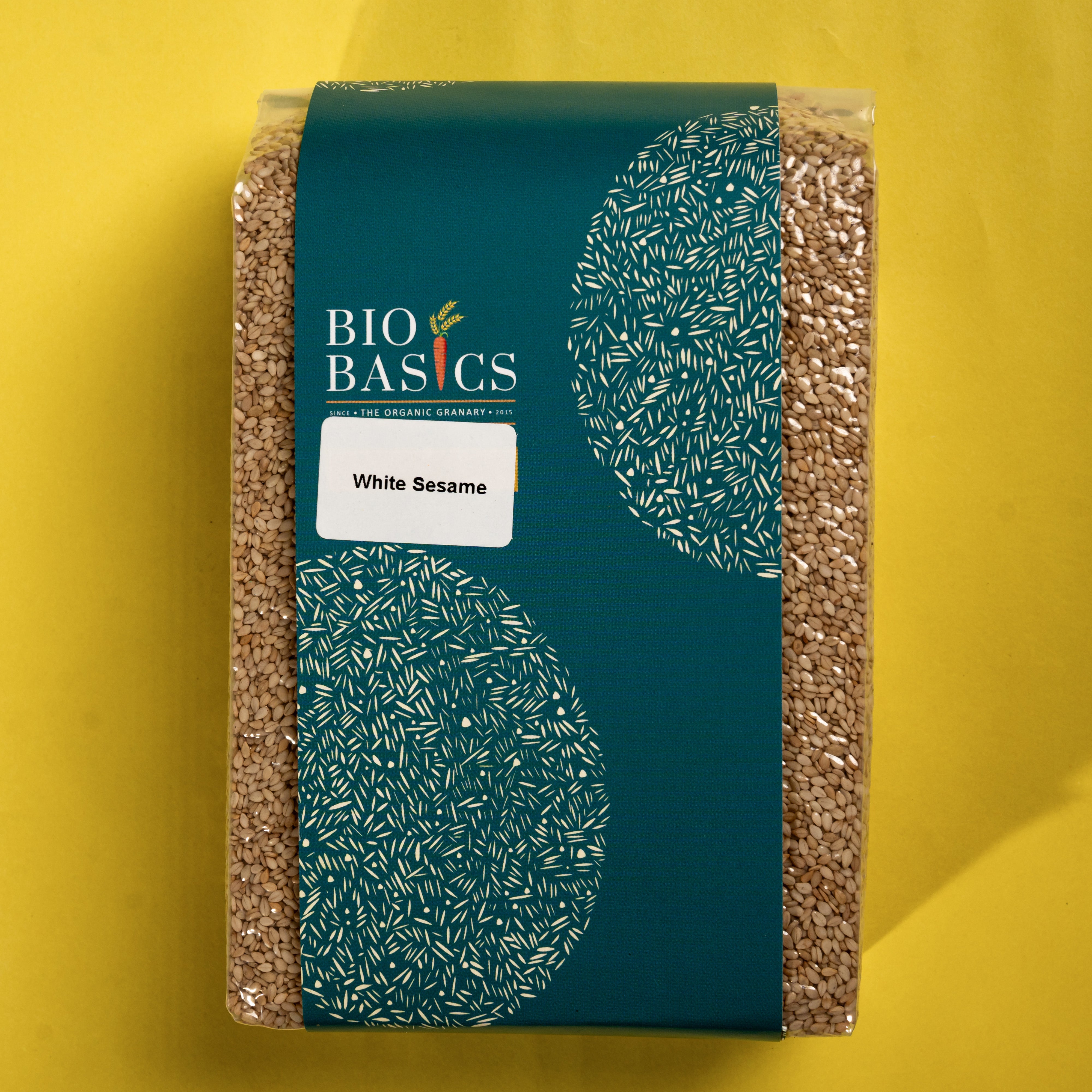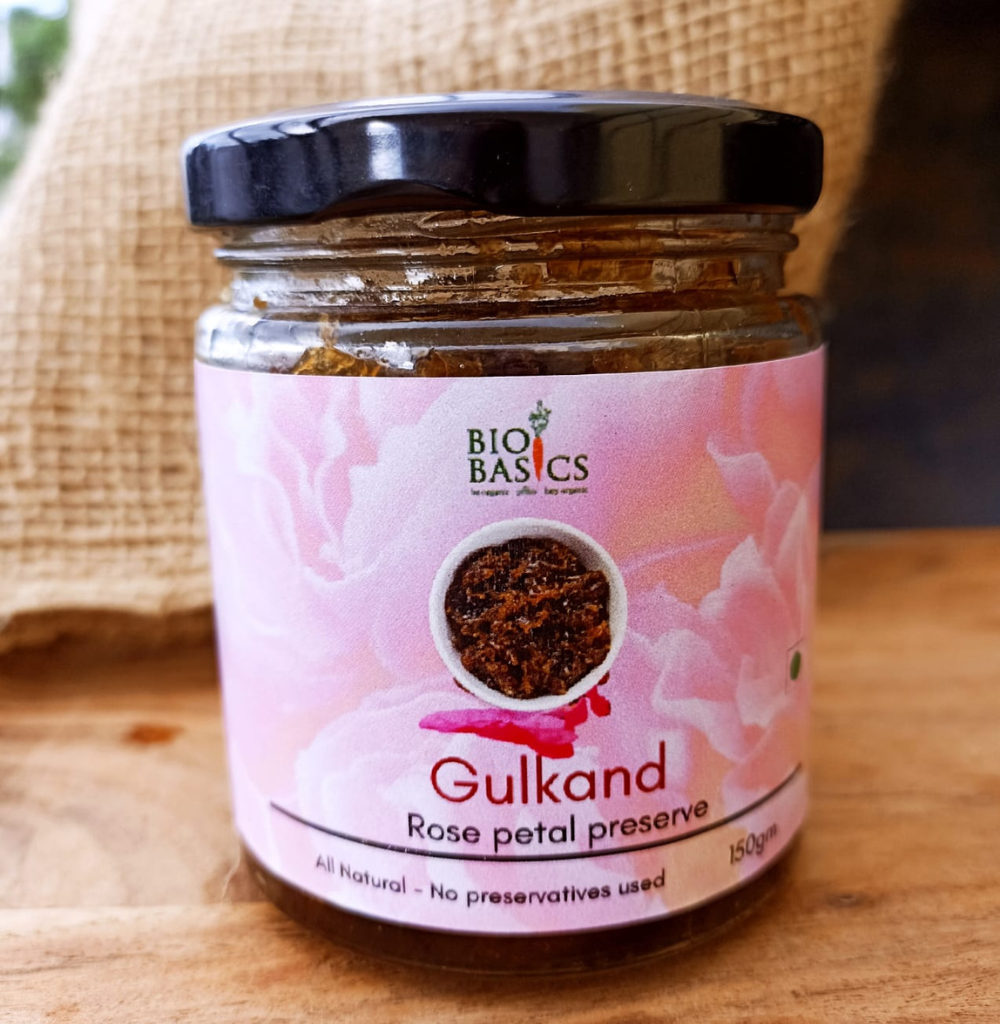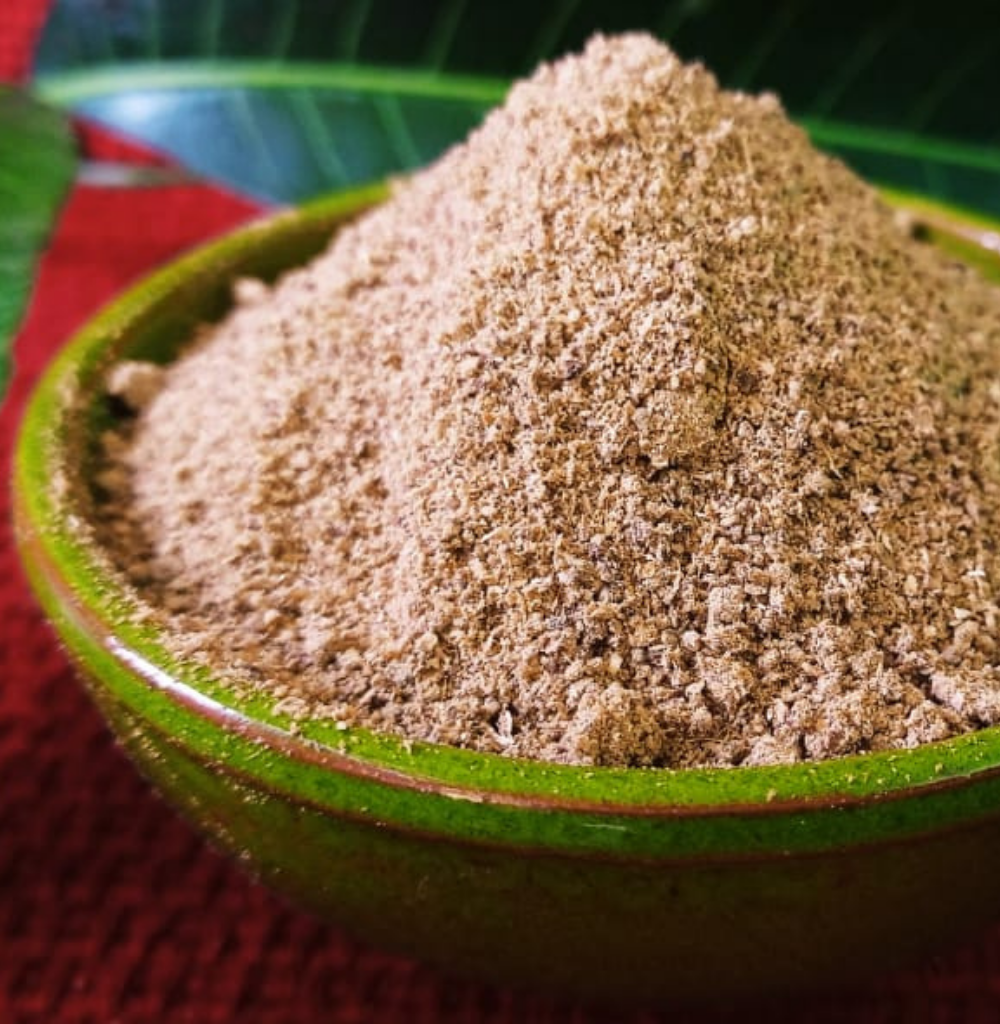Bio Basics Nandri Awards 2024 Awardee Profiles
Sundararaman Iyer – Veteran Organic Farmer
Sundararaman Iyer has been an organic farmer for 30 years. The 84-year-old farmer, fondly called “Ayya”, has been a tireless crusader for organic farming. Besides being a farmer himself, he is also a plant doctor, an organic entrepreneur and an expert on organic cultivation. His knowledge and expertise are sought after by farmers across Tamil Nadu, Karnataka and Kerala. Farmers who have decided to convert from conventional farming to organic invite Ayya to their lands to advise them on how to create viable organic farms.
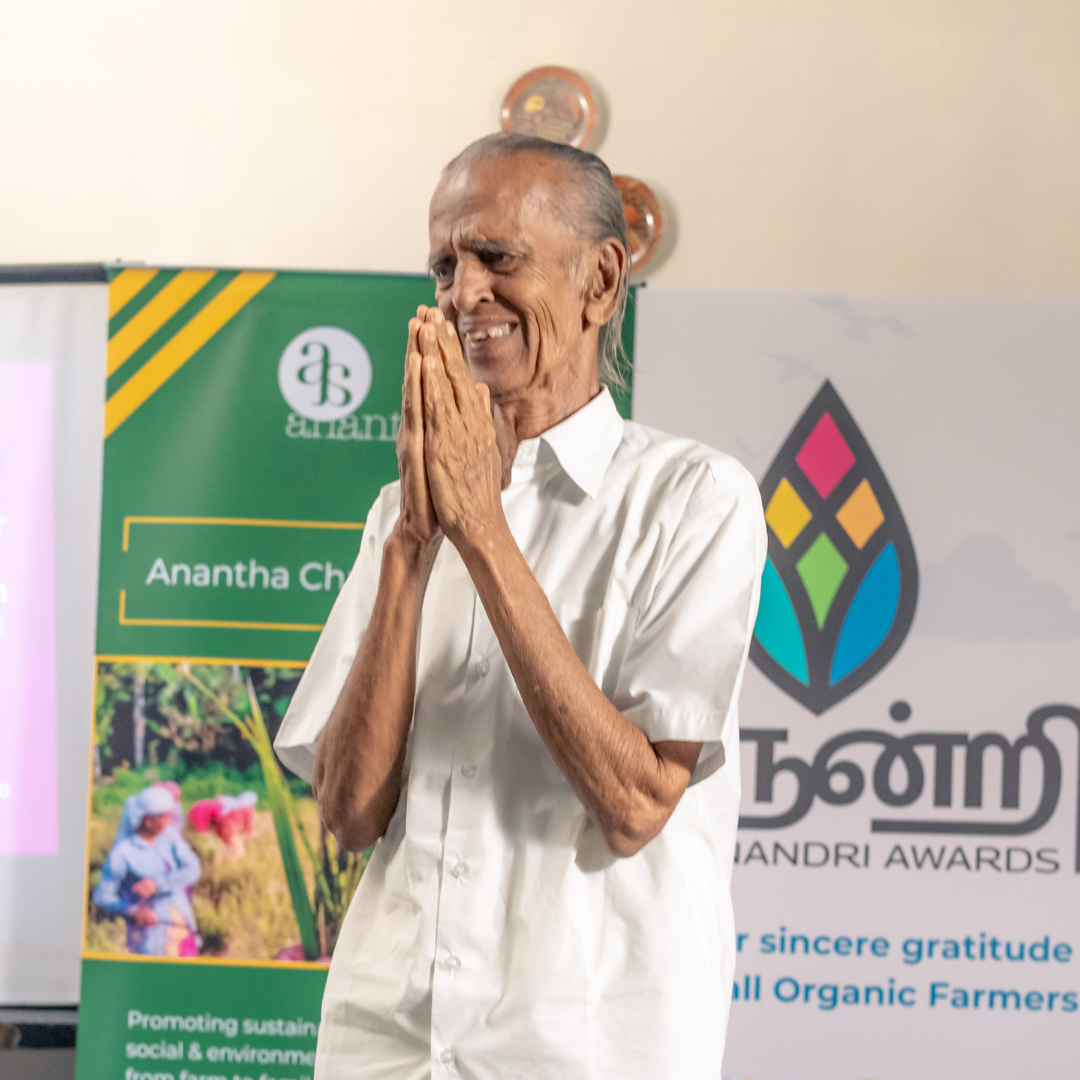
Ayya has been travelling indefatigably, visiting farms, advising farmers how to deal with issues while doing organic farming, how to increase yields, how to prevent plant diseases and how to keep the soil healthy.
With age, he has reduced travels, but he has been a fast adopter of technology and he continues to consult and advise through video calls and gets video reports about the farm situation. Over the last three decades, he believes he would have interacted, consulted and advised over 10,000 farmers across Kerala and Tamil Nadu.
Ayya believes that a sound income is a must for an organic farmer to continue doing what he is doing, and he thinks that any advice given to them should be practical and doable
On his own farm, he has timber, coconut trees as well as fruit trees. His other crops include vegetables, turmeric, paddy and pulses. The timber provides him with a fixed income, the fruit trees bring in the occasional income, while his annual crops (like turmeric, paddy and pulses) and coconuts give him a steady annual income. The seasonal vegetables are a source of weekly income. He is a strong advocate of mixed cropping and diversified farming to ensure ecological stability in the farm and economic security of the farmer family.
Ayya is a great advocate of multi-crop farming. Within that, he believes the more diversity you maintain the better it is for ecological and economic security of the farmer. For vegetable farmers, he recommends diversity with at least five types or more of vegetables. He reasons that if one or two of the vegetable crops fail due to inclement weather or pest attacks, the farmers still have the other three crops to sell in the market and consume themselves.
Ayya has a farmer training centre in his farm with composting facilities, and anyone is welcome to visit him to see and understand his methodologies.
Ayya has initiated numerous farmers groups for marketing organic farming produce and they are working successfully. He initiated a farmer producer company for about 40 farmers and they have been successful in exporting 150 tonnes of organic turmeric.
A farmer par excellence, a trainer, teacher, entrepreneur and organic farming guru- that is Ayya!
.
Nandri, Nandri, Nandri!
Leneesh K. - Organic Seed Conserver Farmer
As a journalism graduate, Leneesh joined Thanal in 2010 to document the Save Our Rice (SOR) Campaign.
Thanal is an NGO based in Kerala that is a pioneer in the environmental justice movement in Kerala. It also branched to work on sustainable agriculture since 2000 and helmed the Save Our Rice Campaign, which has been the largest and most effective campaign to enable conservation and promotion of heirloom/heritage paddy varieties.
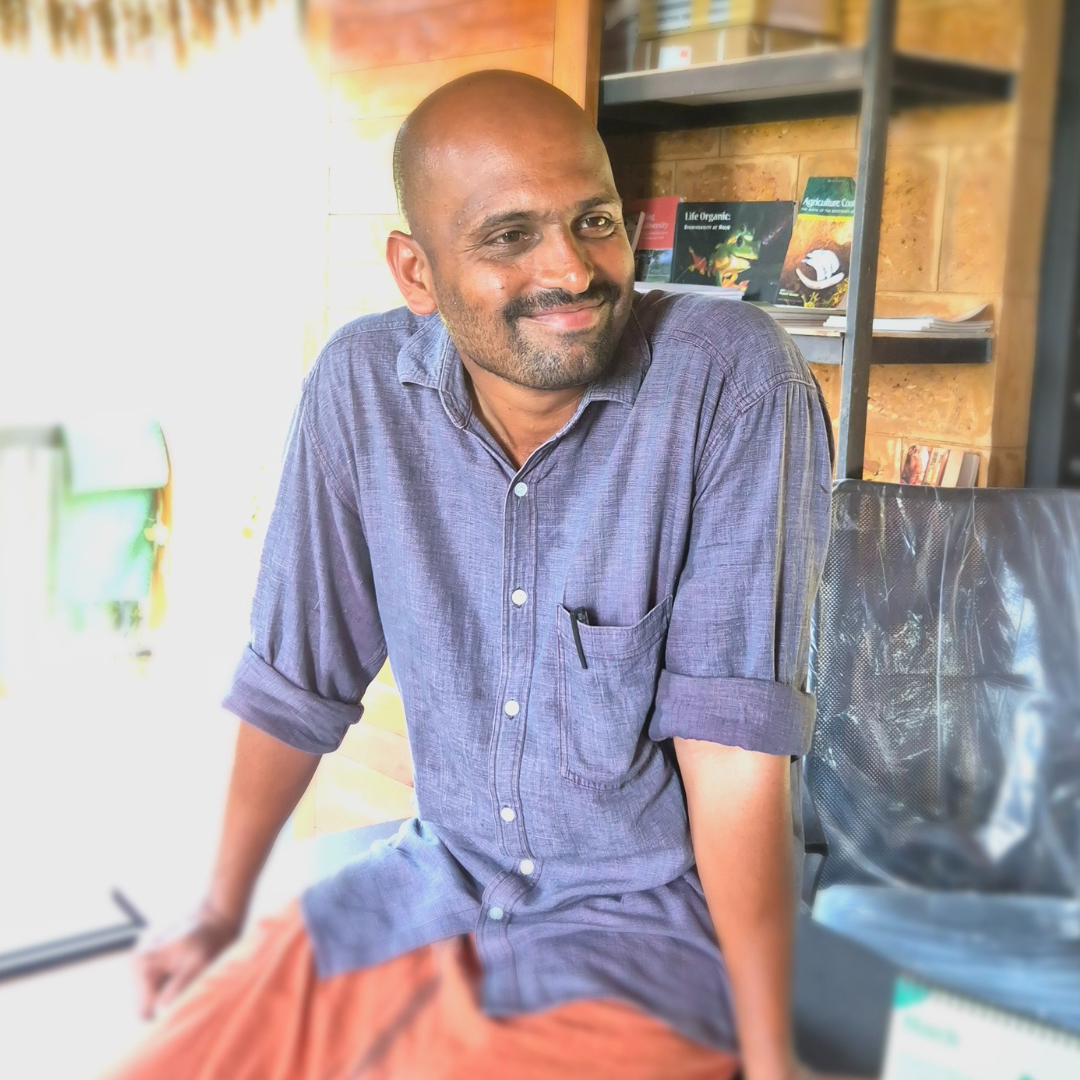
By 2012, he was drawn deeper into Thanal’s seed diversity work in Wayanad. Ever since, he has maintained the seed diversity block of Thanal which has over 300 varieties from all over the rice growing regions of India.
He continued to lead the team till 2019 as part of the Save our Rice (SOR) Campaign. The experience and information he gathered over the years with Thanal resulted in Leneesh writing “Keralathinte naadan nellinangal” about Kerala’s traditional paddy varieties. He helped set up rice diversity blocks in various parts of Kerala while he was part of the SOR campaign, and continues to do that in his personal capacity
In 2019, Leneesh turned into a full-time organic farmer and seed conserver. Along with a fellow farmer, he leased around 20 acres of land. He grows and conserves 36 varieties of indigenous paddy on it.
He has initiated a project on paddy seed purification with the support of individual donors, Bio Basics, OFAI and SAF. This project to purify traditional rice varieties is called “Akavayal”. This is the need of the hour, because farmer conservation of seed in the field has led to impurities creeping in. It’s a good problem to have and has been dealt with since ages.Leneesh and seed conservers like him are undertaking a multi-stage technical & laborious process that involves physically checking and removing rogue plants, at every stage of growth and ensuring that pure, true-to-type seeds are being harvested.
Leneesh has a deep knowledge about the varieties of paddy, their properties, the growing conditions required, and so on. His understanding of paddy seeds and his ability to farm them is a rare combination of knowledge and skill. Farmer scientists and seed conservers such as Leneesh are essential to the conservation of heirloom paddy.
Nandri, Nandri, Nandri!
Pavithra A & Rinas Mundakkal – Organic Farmer Couple
Pavithra and Rinas are based and farming in Thrissur, Kerala, where they began organic farming in 2016. It all started when they planted vegetables for personal consumption. The following year, they became full-time farmers. They developed 15 acres of fallow land at Vellanchira Padasekharam and turned that into productive paddy fields growing the Kuruva and Rakthashali, two traditional varieties of rice from Kerala. In time, their farming activities have extended to over 23 acres, where they cultivate the traditional Njavara, Kodukanni and Thavalakkannan varieties as well as the hybrid Uma, and Jyothi, in addition to Kuruva and Rakthashali.
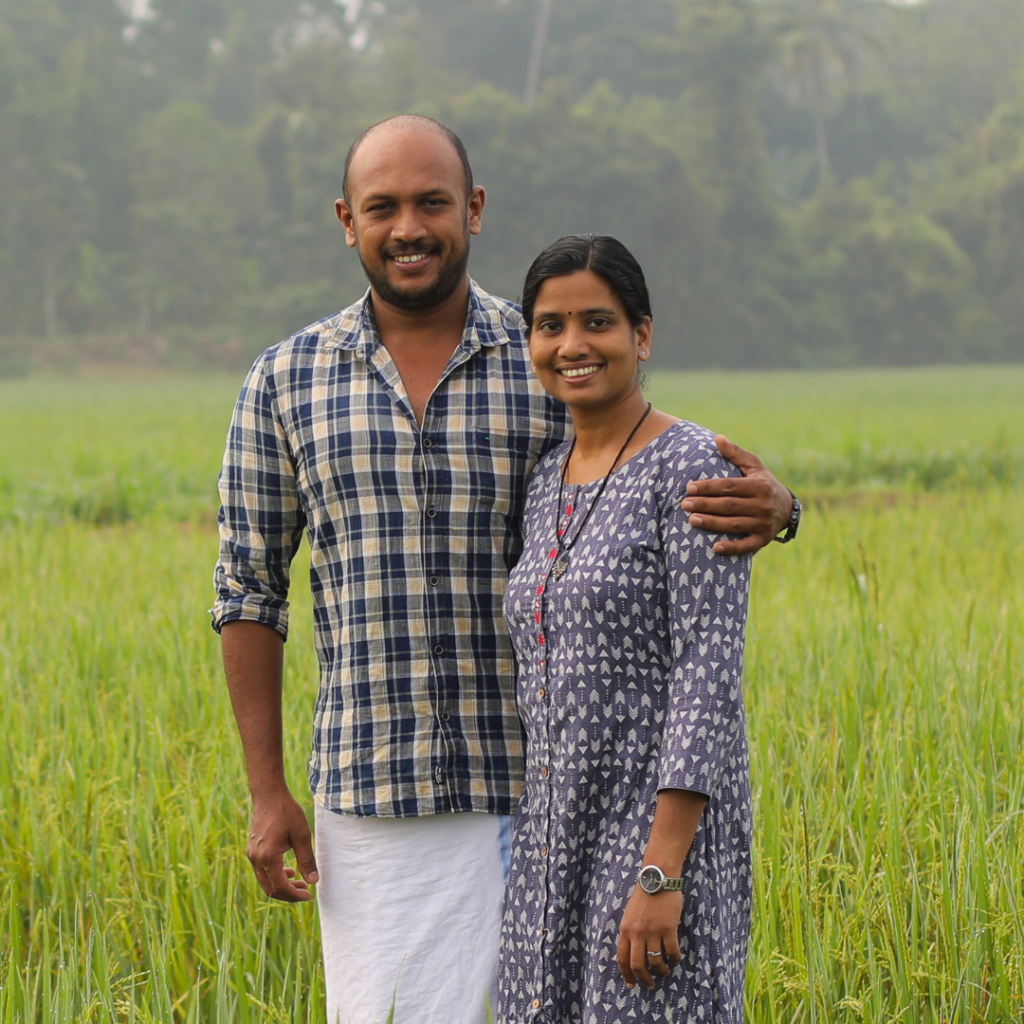
They have harvested over 15,000 kg of paddy a year. These are processed and sold as seeds, rice, puttu powder, idiyappam powder, and rice flakes. Pavithra and Rinas supply Kuruva rice now to Bio Basics and also sell through various channels ranging from social media to direct farmgate sales to organic stores. They have created a sustainable business model that contributes to the well-being of the economy of the locality
Pavithra got trained under Dr Debal Deb to learn to conserve paddy varieties and they have taken up the task of conserving over a hundred varieties of paddy. These varieties are from Kerala and also from the collection of Dr Debal Deb and include some climate-resilient strains. This is a huge contribution to future generations already facing climate change and declining biodiversity. Rinas, being an engineer, has been exploring the use of farm machinery to ease the burden of farming in paddy in the situation of labour scarcity. He has adopted farm machinery for increased productivity and efficiency, while maintaining the integrity of organic agriculture.
The major part of the farm work is carried out by Rinas, right from running a tractor to weeder/planter; he takes help only during harvesting season.Pavithra and Rinas are associated with the Salim Ali Foundation – a trust dedicated to biodiversity conservation, food security, and sustainable livelihoods. The Salim Ali Foundation has helped spread the word about their work and influenced other farms, through advocacy of sustainability. This has also expanded their work on biodiversity conservation, seed preservation, organic farming for promoting food security, and environmental well-being.
They have provided other farmers with technical and marketing assistance to transition to organic production practices and markets for their produce. They have inspired many other young people in their community to take up farming as an economical and sustainable way of making a living.
They recently purchased 34 cents of land, as well as a tractor to cultivate more produce. Going forward, they plan to experiment with indigenous climate-resilient seeds, expand their farm business and develop their organic product line. They are powering ahead with advocating organic farming and building a future of food security, biodiversity, and sustainable livelihoods.
Nandri, Nandri, Nandri!
M Saravana Babu – Youth Farmer
M Saravanan Babu is from Annapatti, a village in the Sathyamangalam panchayat of Pudukkottai District, Tamil Nadu. He was not always an organic farmer. He inherited an acre of farmland from his father and the family which consisted of his widowed mother and he did conventional paddy cultivation for several years to support the family. He also owned cattle and poultry, which provided him with a modest source of livelihood. It was in 2019 that Saravanababu moved away from chemical-based farming and embraced more eco-friendly and sustainable agricultural practices. He believed that the health of the soil on his land and that of his community and family depended on this
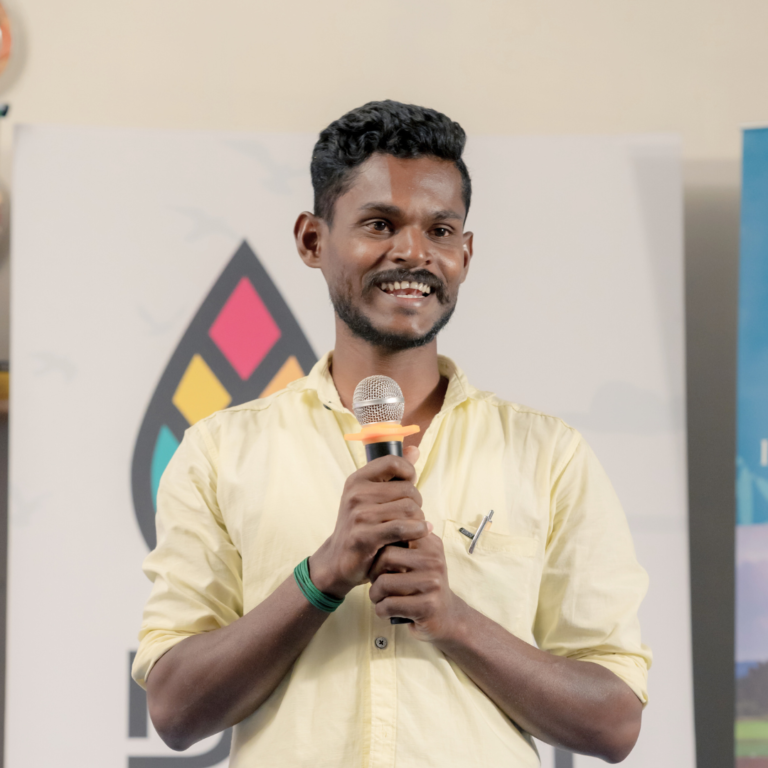
Using traditional agricultural knowledge, Saravanan Babu has been cultivating indigenous paddy varieties such as Karuppu Kavuni, Poongar, Chinnar, Thooyamalli, and Seeraga Samba. These varieties, rich in nutrition and adapted to the local climate.
Saravanan uses only organic manures and bio-fertilizers for seed treatment and soil nourishment. It has taken a while, but in a few years, his land began to yield more and better-quality produce
In the first year he went organic, Saravanan harvested just 10 bags of paddy. But that in no way deterred him and he persisted with organic farming and soon his acre of land began to yield 35 bags of paddy. Today, with an expenditure of ₹30,000 per year, he earns about ₹90,000 annually.
Saravanababu has also gone about building a community of like-minded farmers and encouraged them to take up organic farming as well.He distributed paddy seeds from his own harvest to small farmers and encouraged them to join the organic movement.His initiative has spread awareness about the environmental and economic benefits of organic farming.
Saravanababu is a member of the Youth for Ecological Sustainability (YES) Network, which has members from 10 states across India and youth from a couple of neighbouring countries. He attends awareness programs, meetings, and training sessions that focus on climate change, global warming, organic farming and environmental safety. He is convinced that there is a crucial link between organic farming and environmental conservation. As part of this involvement, he has been also fighting to protect his native place from excessive quarrying, which is destroying the ecosystem and degrading the lands. They are also advocating for a protected reserve status for the traditional forest lands nearby.
Despite coming from a modest and underprivileged background, Saravanababu has shown the conviction to take up organic farming to swim against the tide to script an inspiring story that is creating a ripple effect. His dedication to conserving the land and environment through organic farming has inspired many local farmers.
Nandri, Nandri, Nandri!
Ushakumari S – Organic Farming Champion
With a Master’s degree in Horticulture, Ushakumari is an expert in horticulture and agroecology and has had a significant impact on sustainable agriculture, pesticide regulation, and biodiversity conservation, in the southern States of Kerala and Tamil Nadu. She, along with her husband Jayakumar, was one of the founder members of Thanal, a leading environmental organization in Kerala. Thanal is in the forefront of advocating for agro-ecology and organic farming. She has a deep commitment to ecological concerns in agriculture and the promotion of traditional agricultural practices and has led and been part of various campaigns related to pesticide elimination in agriculture, keeping food free of GMOs and promoting safe organic food.
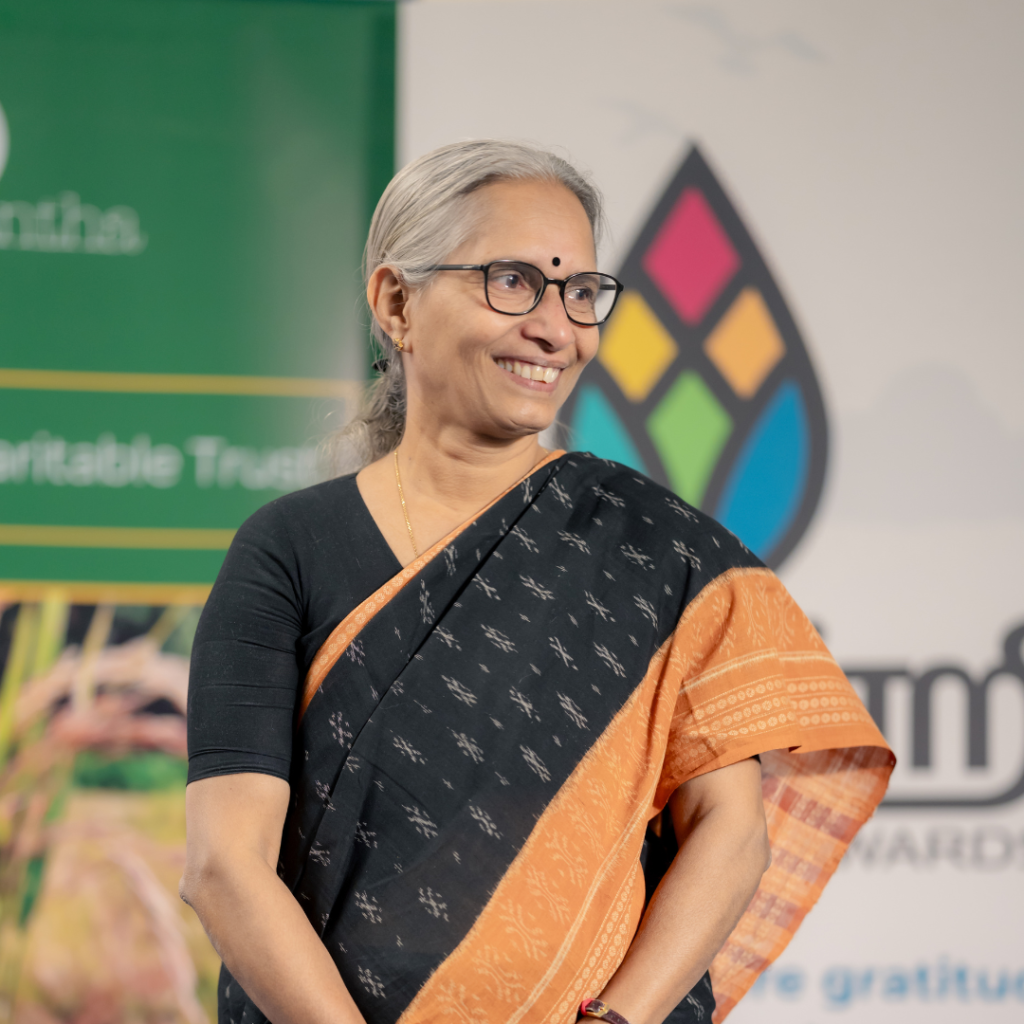
Two of Usha’s major body of work is with regard to pesticides and the other was to lead the largest and most successful seed conservation Campaign in the country managed by the civil society and in the space of organic crops.
Usha has played a pivotal role in advocating against harmful use of pesticides. She was one of the earliest to study the impact of Endosulfan on the people living in Kasargod and among the first instrumental in taking up the cause. As a Project Coordinator under the Kerala Research Programme on Local Land Development (KRPLLD) at the Centre for Development Studies, she documented pesticide poisoning cases in Kerala, and raised awareness about the harm chemical pesticides posed to human and environmental health. Her pioneering work led to a huge campaign against pesticides in Kerala.
The Save Our Rice Campaign, which was steered by Usha from 2004 to 2018 as National Coordinator. This Campaign led to the largest ever revival of paddy seeds across seven rice growing states of India. It led to the popularisation heritage/indigenous varieties in the fields and today these varieties are available across in the country in most organic stores. The Campaign, which began in 2004, focused on conserving rice biodiversity and promoting organic rice farming across seven Indian states. Under her leadership, the campaign established 26 Rice Diversity Blocks (RDBs) and 21 community-level seed banks, and conserved over 1,500 indigenous rice varieties.
As a result, more than 100,000 farmers have transitioned to organic and indigenous paddy cultivation, which in turn has contributed to climate-resilient agriculture and food sovereignty for rural communities. The campaign has also focused on educating urban consumers about the value of rice diversity, through seed festivals, traditional food fairs, and advocacy at both grassroots and policy levels.
Usha has been working actively for food and farming free from genetically modified (GMOs) organisms. She has highlighted their risks to biodiversity and smallholder farmers. She is also involved in developing climate resilient agro-ecological systems. She is involved in developing a state-wide programme called Climate Resilience & Energy Efficiency in Agriculture (CREEA). This fosters the adoption of agroecological farming practices that help farming communities adapt to climate change by enhancing their ecosystems’ resilience.
Usha was part of the India Advisory Board of The Global Green Grants Fund. She is currently on the India Advisory Board of the Bharat Agroecology Fund. She is a member of the Steering Committee for the Alliance for Sustainable and Holistic Agriculture (ASHA) and Mahila Kisan Adhikar Manch (MAKAM) that advocate sustainable agriculture and women’s rights in farming. She was a founding member of the TAPCo farmer producer company and is now actively involved in the Thanal Agroecology Producer Company.
Usha has written extensively in Malayalam media and contributed to numerous publications, reports, films on rice diversity and traditional farming practices. She has also organised multiple campaigns and events to create public awareness about sustainable agriculture and food security. Usha has also started organic paddy farming in her family’s paddy lands. Usha’s is a leading voice in the movement towards sustainable and resilient agricultural systems in India. Her work has empowered farmers and contributed to a broader global effort to protect ecosystems and secure food sovereignty for future generations.
Nandri, Nandri, Nandri!
Kavitha Ramasamy – Organic Woman Farmer
Kavitha Ramaswamy has been an organic farmer for 17 years. She grows paddy varieties such as Swarnamasuri, Kanuni, Arupatahm Kuruvai, Poongar as well as millets and pulses like cow peas and horse gram. She also grows vegetables. Kavitha uses natural preparations to build the health of the soil of her 1.5 acres of land. She rears native poultry, traditional hens, cattle and goats. Besides selling her produce from her land, she also earns an income by selling eggs and milk from her animals.
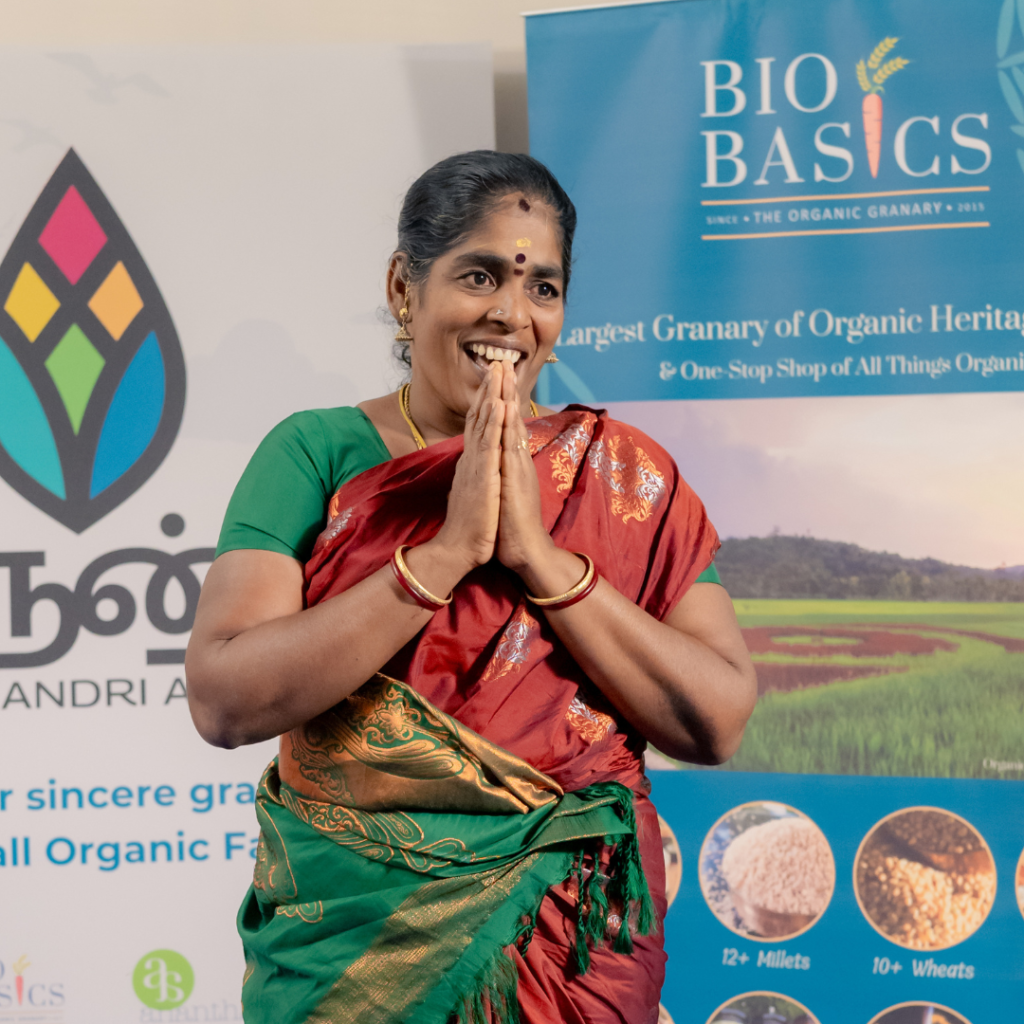
With a complete mixed farming model through vegetables, animal rearing, paddy, and fruit trees,
Kavita has developed a model where she has an income throughout the year with just 1.5 acres of land in a dry area.
She has influenced her family who have shifted completely to an organic and healthy diet including her daughter’s family.
During family functions, they gift saplings to guests as return gifts and have been advocating healthy eating and safe farming in their rural community .
When her husband who was abroad moved back to the village, she convinced him also to join her in the organic farming venture. Kavita has created awareness among many farmers near her. Punandarkoil in the dry and water-strapped Pudukottai is an underdeveloped block. But with her excellent skills in communication and training, Kavita has persuaded nearly 50 women farmers into taking up organic cultivation. She has worked with the students of JJ college and she has taken multiple sessions for them. Kavita saves seeds, and does not depend on the market for it. She shares seeds extensively with other farmers..
Nandri, Nandri, Nandri!
